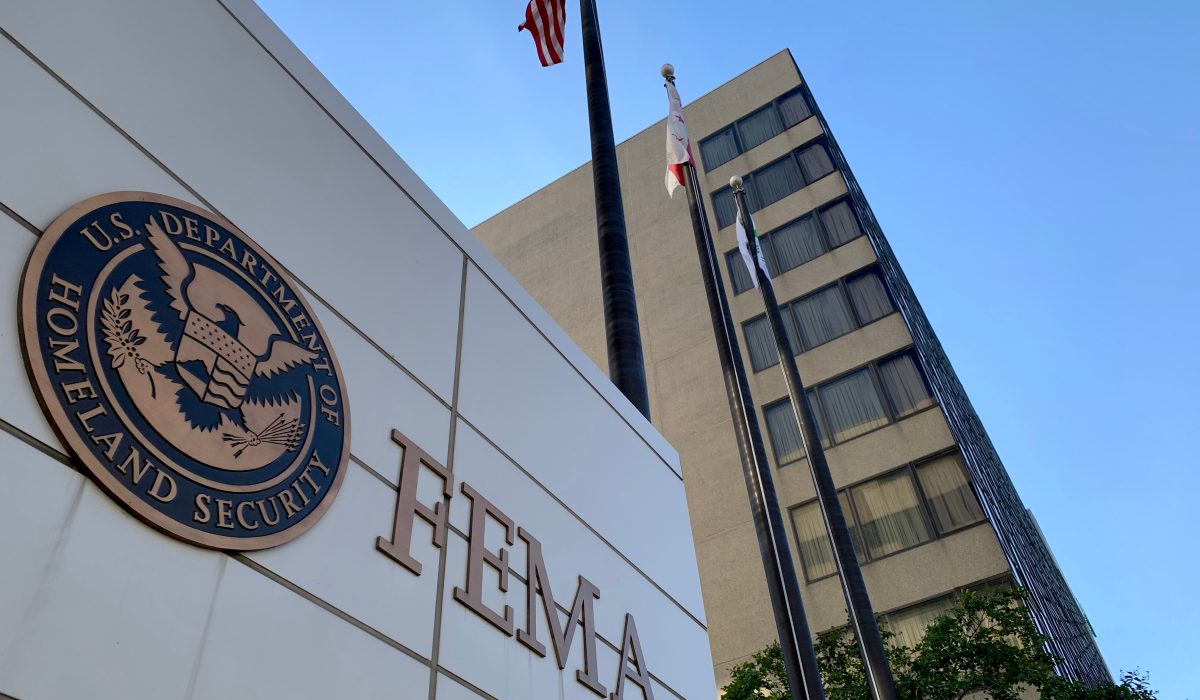Hospitals have considered FEMA disaster relief funding to be a cornerstone of successful recovery from the COVID-19 public health emergency (PHE). With over $3 billion in obligated funding, the majority of FEMA’s COVID-19 disaster funds have been allocated to recipients, and projects are proceeding into the final step of the process – FEMA closeout.
As subrecipients, non-profits must work with both their state emergency management agency and FEMA’s closeout teams. While FEMA outlined select subrecipient responsibilities in its March 2022 guidance, applicants can take some additional steps to ensure a smooth closeout:
- Ensure all proof of payment documentation has been provided or is available to your State Emergency Management Agency (State).
- Ensure cost summaries and project reports provided by your State reflect your final expenditures as obligated by FEMA.
- File quarterly progress reports as requested with your State.
- Provide Subgrant closeout forms as requested with your State.
- Work with your State to confirm all costs are adequately supported with documentation.
- Obtain a copy or the date the State submits the required Federal Expenditure Reporting to FEMA. FEMA directs that subrecipients retain documentation for a period of 3 years from the state’s submission date of this final expenditure report.
Due to the emergent nature of the pandemic, FEMA may have provided flexibilities in reviewing COVID-19 disaster filings. Advis recommends shoring up documentation in the event of future audit requests, especially relating to these flexibilities:
- Duplication of Benefits (DOB). FEMA, Homeland Security Operational Analysis Center (HSOAC), and RAND Corp have provided varying guidance throughout the filing on reimbursement and obligation processes. While most states request that subrecipients account for DOB due to medical payers, Advis recommends keeping detailed methodologies demonstrating medical payment, other COVID-19 relief, or other distributions did not pay for expenses claimed in your FEMA filings.
- Procurement. Several contracts, services, and materials were procured under emergency and exigency circumstances as justified by 2 CFR § 200.320(f)(2). Advis recommends keeping detailed cost reasonableness analyses and purchase vs. lease analyses, where applicable, on file. Advis also recommends preparing and maintaining clear narratives and timelines for the purposes and timing of supplies and services procured by the hospital that have been funded by FEMA.
- FEMA Terms Addenda. While States may not review at validation, FEMA typically requires applicants execute contracts with specific terms and conditions with vendors and contractors. Specifics of these terms depend on the type and amount of services and items procured. Advis recommends obtaining these addenda where possible with vendors as applicable.
FEMA recently extended closeout deadlines as follows:
- All projects must now be closed out by June 30, 2025.
- Additionally, projects that are not obligated by April 1, 2025 will have 90 days after the date of obligation to be closed out.
For Category Z management cost filings, generally, applicants may obtain up to 5% of total obligated project costs as reimbursement for time and resources spent preparing the FEMA applications and going through the reimbursement process. In addition to closeout deadlines, FEMA has generally extended deadlines related to management costs (Category Z) to September 30, 2025, though the applicable filing deadline may vary for each applicant.
Most states have set additional internal deadlines, that come before FEMA’s deadlines, to allow them to comply with FEMA’s recipient-specific deadlines above. Given these advanced timelines, Advis recommends reviewing your FEMA projects for closeout and audit readiness as soon as practicable.
Additionally, while State Emergency Agencies and FEMA may have provided some procurement-related flexibilities during the COVID-19 PHE, subrecipients should not expect similar flexibilities for future disasters. Advis recommends reviewing your current procurement standards and emergency policies to ensure compliance with FEMA standards to streamline and increase likelihood of success in preparation of future disasters. Contact our experts today at (708) 478-7030.
Published February 28, 2025





